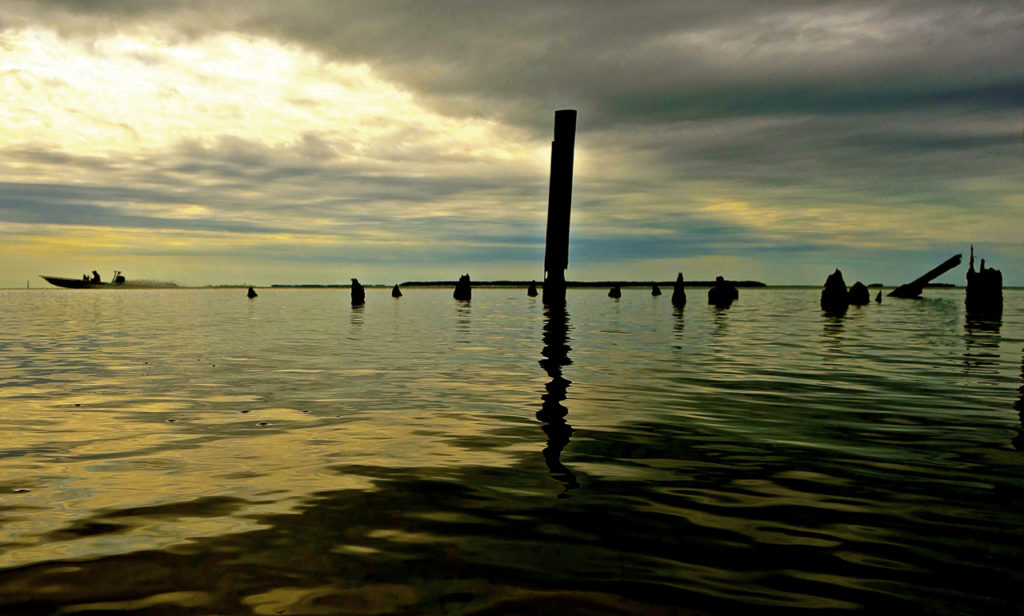The Everglades Coalition is supporting legislation calling for the purchase of 65,000 acres of land just south of Lake Okeechobee in Florida, which they believe would bolster the flow of fresh water through the “river of grass.”
The land purchase proposed in the bill, SB 10 by Sen. Rob Bradley, would help alleviate harmful discharges to the Caloosahatchee and St. Lucie estuaries while sending clean, freshwater south to Everglades National Park and Florida Bay, according to a release from the coalition, which includes the National Parks Conservation Association. Funding for the purchase would come from the Legacy Florida Act, which sets aside dedicated funding from the state’s budget for the preservation of water and land resources.
The Everglades provides drinking water to 8 million people. This internationally unique ecosystem is the lifeblood of South Florida’s environment, public health and economy – reverberating statewide throughout Florida’s tourism-based economy. However, this past year marked one of the worst for Florida’s estuaries. The Caloosahatchee and St. Lucie rivers were inundated with polluted releases from Lake Okeechobee while Florida Bay remains starved for more freshwater.
The EAA Reservoir is not a new idea, but rather is one of the 68 project components authorized in the Comprehensive Everglades Restoration Plan in 2000. Currently, project planning for the reservoir is set to begin in 2021. SB 10 proposes to move up that planning timeframe in response to the prolonged state of emergency that plagued South Florida through 2016.
“We believe this is an important and common-sense step in the journey to restore America’s Everglades,” said Mike Baldwin, state co-chair for the Everglades Coalition and vice president of the Ding Darling Wildlife Society, the friends group of the J. N. Ding Darling National Wildlife Refuge. “By sending clean water south, as outlined in CERP in 2000, it is possible to restore some of the historic River of Grass that was the hallmark of this unique ecosystem. Doing so will benefit the economy, ecology and quality of life for all Floridians.”
LINK (via: National Parks Traveler)







